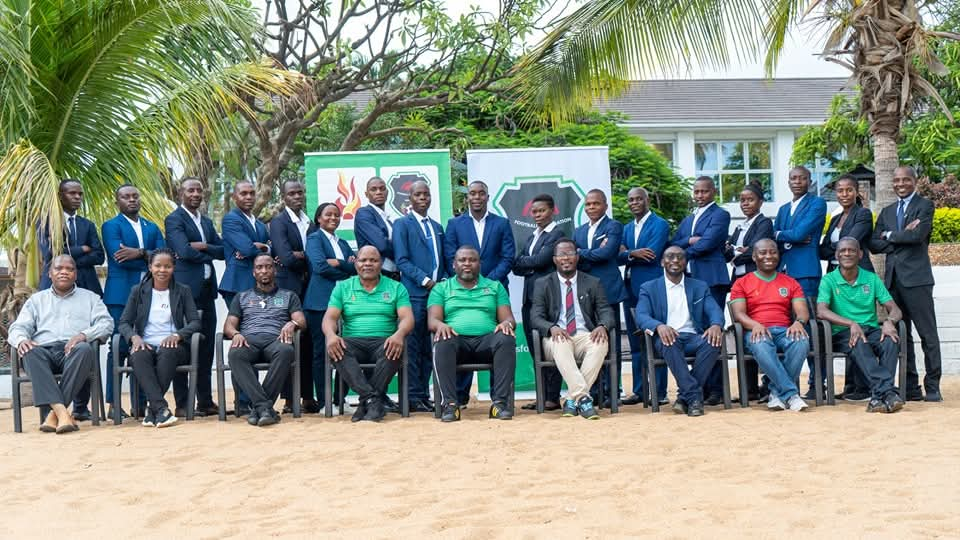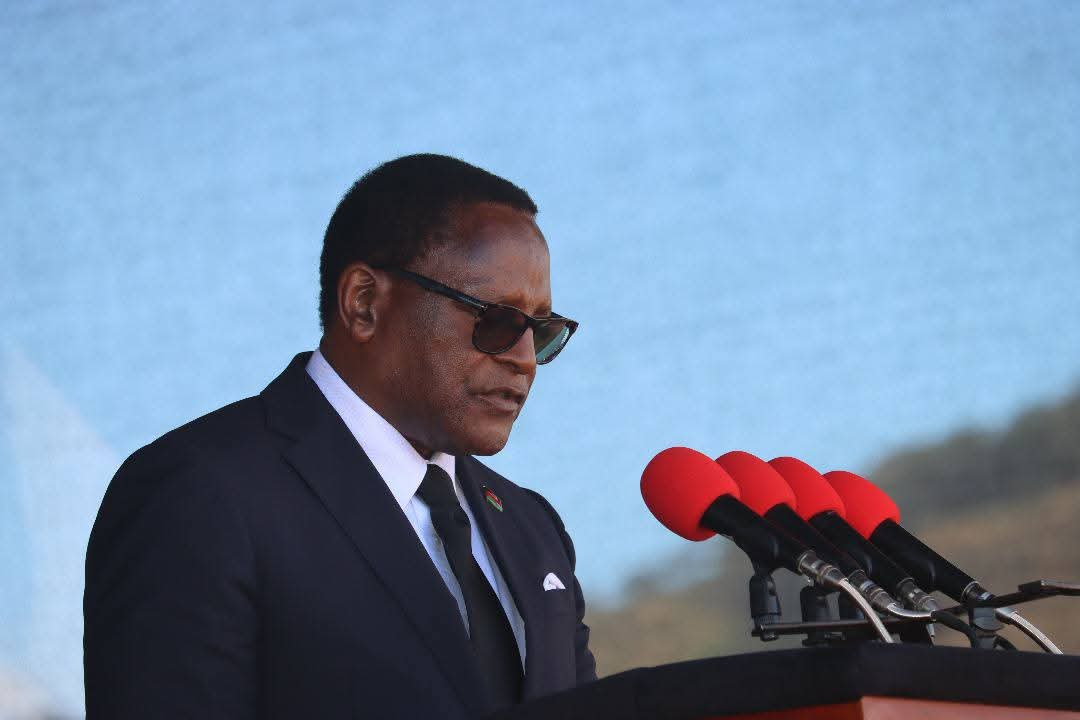When President Lazarus Chakwera swept into power in 2020, riding on the wave of the historic “Fresh Elections,” many Malawians believed they were witnessing the dawn of a new era. His message of servant leadership, accountability, and economic revival resonated across a country weary of corruption scandals and economic stagnation. Five years later, however, that optimism appears to be unraveling.
Economic Mismanagement and Rising Cost of Living
Chakwera’s administration promised to stabilize the economy, but the kwacha has faced steep devaluations, sending prices of essential goods soaring. According to economic analysts, Malawi’s inflation—particularly food inflation—has eroded purchasing power, leaving millions struggling to survive. The government’s reliance on external borrowing has deepened debt distress, raising questions about long-term sustainability.
Small-scale traders and farmers, once key supporters of Chakwera, now feel abandoned. “We believed in his promise of transforming agriculture, but fertilizer prices and inputs remain beyond our reach,” said a farmer in Mchinji, reflecting a sentiment echoed nationwide.
Corruption Scandals and Governance Failures
Chakwera campaigned on a platform of fighting corruption, yet his government has been rocked by high-profile scandals, including the arrest of senior officials linked to procurement fraud. Critics argue that while the president has suspended some officials, meaningful prosecutions have stalled, raising suspicions of selective justice.
“Malawians expected a clean government, but the same old networks of patronage have persisted,” said a governance expert from the University of Malawi.
Broken Coalition Promises
The Tonse Alliance, a coalition that brought Chakwera to power, is visibly fracturing. Key partners accuse the Malawi Congress Party (MCP) of dominating appointments and sidelining allies. Former Vice President Saulos Chilima’s supporters, disillusioned by unmet expectations, may withhold their support, fracturing the voting bloc that delivered victory in 2020.
Public Fatigue and Leadership Perception
Chakwera’s leadership style, once praised as calm and visionary, is now criticized as indecisive. Frequent foreign trips have drawn backlash, with citizens questioning their value amid domestic crises. Public perception surveys suggest growing fatigue, particularly among youth who feel excluded from meaningful opportunities despite promises of job creation.
The Rise of Opposition Forces
Meanwhile, opposition figures like Peter Mutharika, Dalitso Kabambe, and Joyce Banda are capitalizing on public discontent. The Democratic Progressive Party (DPP) is rebuilding its base, and new movements are emerging, portraying themselves as viable alternatives.
What This Means for 2025
If current trends persist, Chakwera faces an uphill battle. Disillusioned urban voters, struggling rural households, and fragmented alliances could converge into a decisive rejection at the polls.
However, it is too early to conclude definitively. Chakwera still wields the advantages of incumbency and could attempt a late turnaround through targeted reforms and strategic alliances. Whether Malawians will give him that chance depends on what he does between now and election day.




